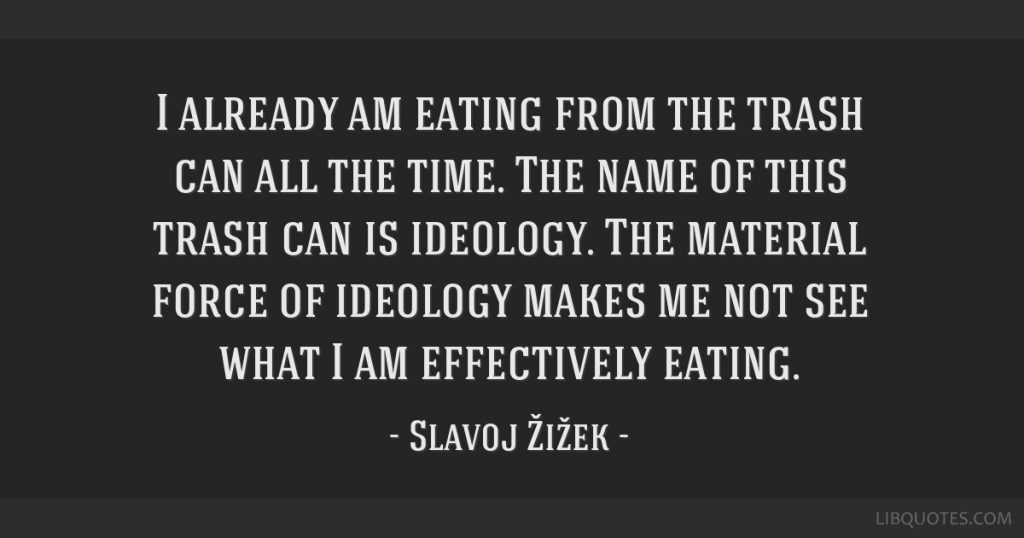Written by Jenna Dreisenstock
Living in a capitalist society, it’s difficult to truly consume ethically; even if we are doing our absolute best, somewhere along the production process there will always be something unethical. This does not mean we shouldn’t consume mindfully – in fact it’s the complete opposite. It’s important for us to intricately examine the ways in which we consume; what are we paying for? What ideologies we are buying into?
When it comes to the music world, this remains true as corruption within streaming services and labels insidiously worms it’s way into how we consume music and media – and we are given little choice regarding alternatives. With this comes a commodification of culture that we are forced to buy into. The term commodification of culture is important, as it brings me to my main point; how music subcultures have consistently been sold as trends, stripping the roots of these genres and their culture into nothing more than fashionable commodities.
One of the most prevalent examples that springs to mind for me is the way punk, a subculture that actively rebelled against the idea of corporate consumerism; has slowly found its way into a mainstream trend. To see Sex Pistols t-shirts (that have been stitched by 12 year olds in sweatshops – I’m not exaggerating, unfortunately) brandishing an unnecessarily high price tag in your local H&M is the perfect example. For a culture that arose as a rebellion against a system that clearly isn’t working, the way in which it has been molded into a trend sold by a stolen ideology is painful to watch. This goes for many long standing music genres and subcultures.
The goth kids were always alienated and bullied and called satanists; early origins of the emo genre became Hot Topic and labelled ‘mall goth’ – with those who were a part of both subcultures, created as a safe space for ‘the outcasts’: let’s just say we were not treated kindly, our music taste written off as ‘evil’ and mocked – until… it became fashionable. Suddenly music that was satanic, ideologies that left us alienated – are the hottest trends.
This goes even further than punk or goth subcultures, way back – looking at the development of electronic subcultures and genres, the basis on which they were built and the communities that created them: sold off into the mainstream, the core ideologies and roots stripped away into nothing. Techno for example, has it’s roots deep within the LGBTQ community, with a specific focus on these creations by people of colour: to gather and express themselves without fear in these clubs as safe spaces. Yet once the genre hit the mainstream, it was essentially stolen by straight white people; with the queer communities kicked out of the safe spaces that they created. It shocked me when I found out about the rise and fall of Disco – also originating in the queer communities, and specifically associated with gay men; as soon as it hit the mainstream, straight white communities fell in love with the genre – until they found out its roots. One may think that the burning of Disco records is a really absurd response to despising a genre but the fact is – it goes deeper than that. The records were burnt out of homophobia; and the phrase ‘Disco Sucks’ was actually a homophobic jab at gay men.
In short, it’s essential we are aware of what we consume, whether that be clothing or music – as the ideologies and cultures that brought them to the forefront have very much been exploited for corporate use. As mentioned in my opening statement, living in a capitalist society makes this type of consumerism difficult on our part, but it’s imperative we remind ourselves of the sub-cultures, communities and people who started it all; and the ways these companies play on our ideologies in order to sell products.




